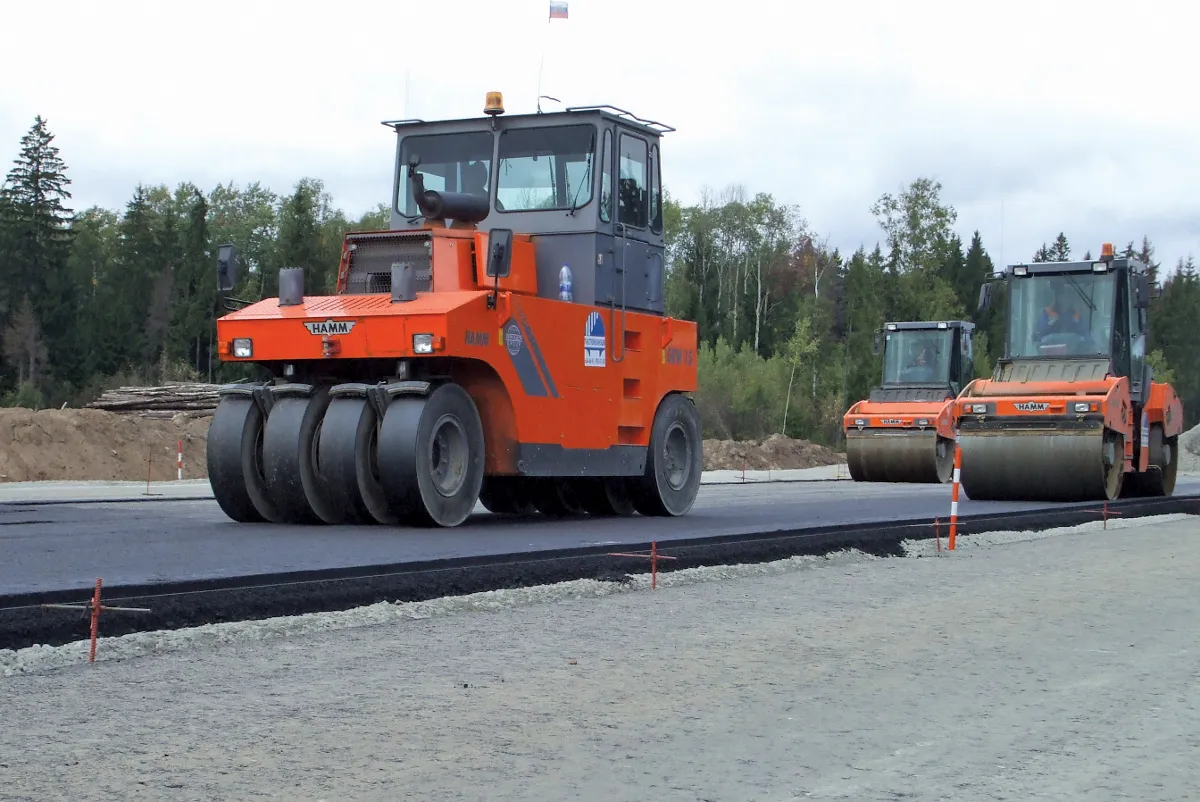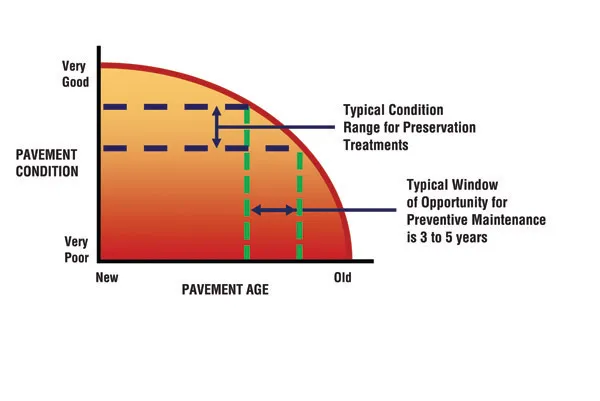Transport journalist Eugene Gerden reports on why foreign companies are likely to become keener to invest in Russia’s huge array of major road construction projects The Russian government led by president Vladimir Putin is stepping-up its efforts to get greater foreign company investment in Russian road building by creating favourable trading conditions, including the elimination of bureaucratic and administrative barriers.
September 27, 2013
Read time: 5 mins

Transport journalist Eugene Gerden reports on why foreign companies are likely to become keener to invest in Russia’s huge array of major road construction projects
The Russian government led by president Vladimir Putin is stepping-up its efforts to get greater foreign company investment in Russian road building by creating favourable trading conditions, including the elimination of bureaucratic and administrative barriers.Procedures were recently simplified for examining documentation required for road building in Russia, making it easier for foreign companies to actively participate in tenders for construction of the vast country’s roads. This allows bidding companies to make changes to technologies, materials and construction methods earmarked for works in approved project documentation, without having to have these changes re-examined.
According to an official representative of the Russian Federal Road Agency (Rosavtodor), this is a very important breakthrough for foreign companies, many of which use modern non-Russian stipulated standard technologies for road building. Rosavtodor believes this will enhance what has, to date, been “insignificant” foreign investment in Russian road construction projects.
Until recently, the suitability of new technologies for road-building in Russia was determined by a government decree of 1997, with its main objective of protecting the domestic market from unreasonable application of new technologies and materials. In adherence to this, foreign companies have been forced to provide their innovative technologies and materials for examination in the Federal Science and Research Centre of Certification, which normally provides feedback in three to four months. The government believes its simplified procedures help to speed the procedure of approval for new road building technologies.
Additionally, the government is considering changing national legislation on public procurement, particularly concerning road tenders. Currently the winner of any tender of road building in Russia is determined by the price, with domestic companies usually being able to work at lower prices than their foreign competitors. However, the quality of their services can often be significantly lower.
According to analysts at the Russian Association of Builders, due to poor foreign company awareness of the Russian road building market, such companies account for inflated risk costs, resulting in a significant increase in the final estimated price of a project. Furthermore, foreign companies usually expect profitability of not less than 18%, while Russian contractors budget for no more than 7% profit.
As a result of the perceived high risk, low profit factors, foreign firms, so far, have preferred to act as subcontractors on large projects. An example of this is French Freyssinet who supplied cables for two bridges, recently built in the eastern Russian port city of Vladivostok. Italian company Rocksoil has also provided its technologies for the laying of road tunnels as part of the development of new transport infrastructure for the Winter Olympic Games in Sochi in February 2014.
According to an official representative of Transstroy, one of Russia’s leading construction companies, and a key implementer of a number of Sochi-related road projects, all the Russian companies are always interested in modern technologies, which can be provided by leading foreign road building-related companies.
Meanwhile, Russia’s Izvestia business paper claims the biggest interest of foreign companies is related with the construction and management of the country’s toll roads.
For example, Portuguese firm Brisa and fellow tolling company MC Leader are currently jointly implementing a project involving several toll roads in the Moscow region, while Austrian firm Kapsch and Russian company Mostotrest are jointly managing one of the toll sections of the M4 Don road.
These projects are funded jointly by the state and private investors and involve the share of risk between the parties. One of the main advantages of such schemes for foreign companies is that the Russian contractors are often responsible for site preparation and transport communications, usually cooperating with a large number of state agencies in their native Russian language.
In addition to attracting foreign companies to work in Russia, the Russian government has recently started adopting Western standards in national road construction. As part of this, Rosavtodor has put forward an initiative for the establishment of an automated road construction reference collection, which involves the translation of thousands of international regulatory and technical documents into the Russian language.
The project also involves not only the systematisation and translation of articles from foreign periodicals, distributed in Russia through subscription, but also the articles which are contained in the databases of the Russian Academy of Sciences. The collected information will be systematised on the most important areas of road building, including design and construction, repair and maintenance, specialised equipment, and environmental protection. According to Rosavtodor, the creation of such a collection will help to more easily integrate Western technologies and developments in road building into Russia's road construction sector, while the availability of Internet-based applications will significantly expand their range of users.
Russian road building experts believe that the implementation of all these initiatives will bring more foreign road building-based investment into Russia, while also improving national company standards of road building and their compliance with Western norms.
According to Vladimir Dmitriev, general director of JSC GIPRODORNII, Russia’s largest road building and repair design institute, the outdated national regulatory framework currently remains one of the most significant hurdles to quality domestic road building. He added, “Due to this, we cannot legally apply modern building materials at the design stage. Russian designers and road builders still use the construction norms, developed in 1970-1980s.”
With the new, less bureaucratic approach to road building introduced by president Putin, foreign investment in key highway construction projects may become a welcome norm.







